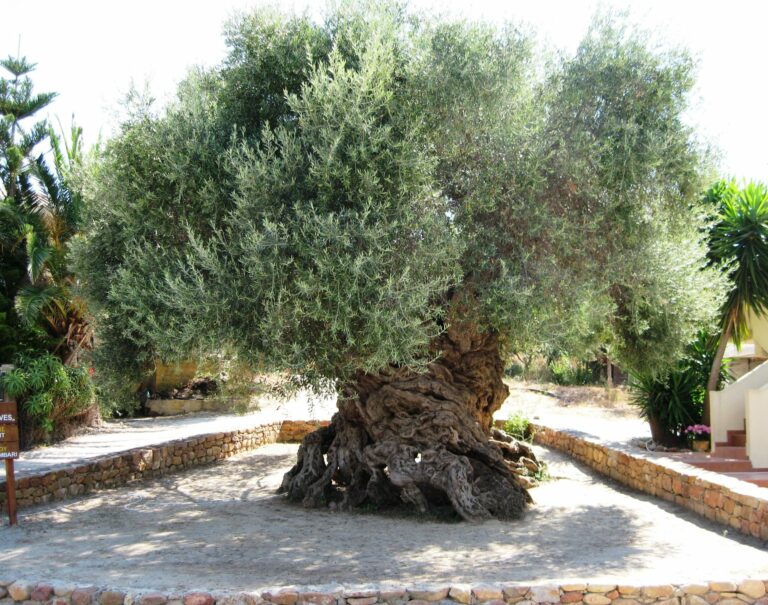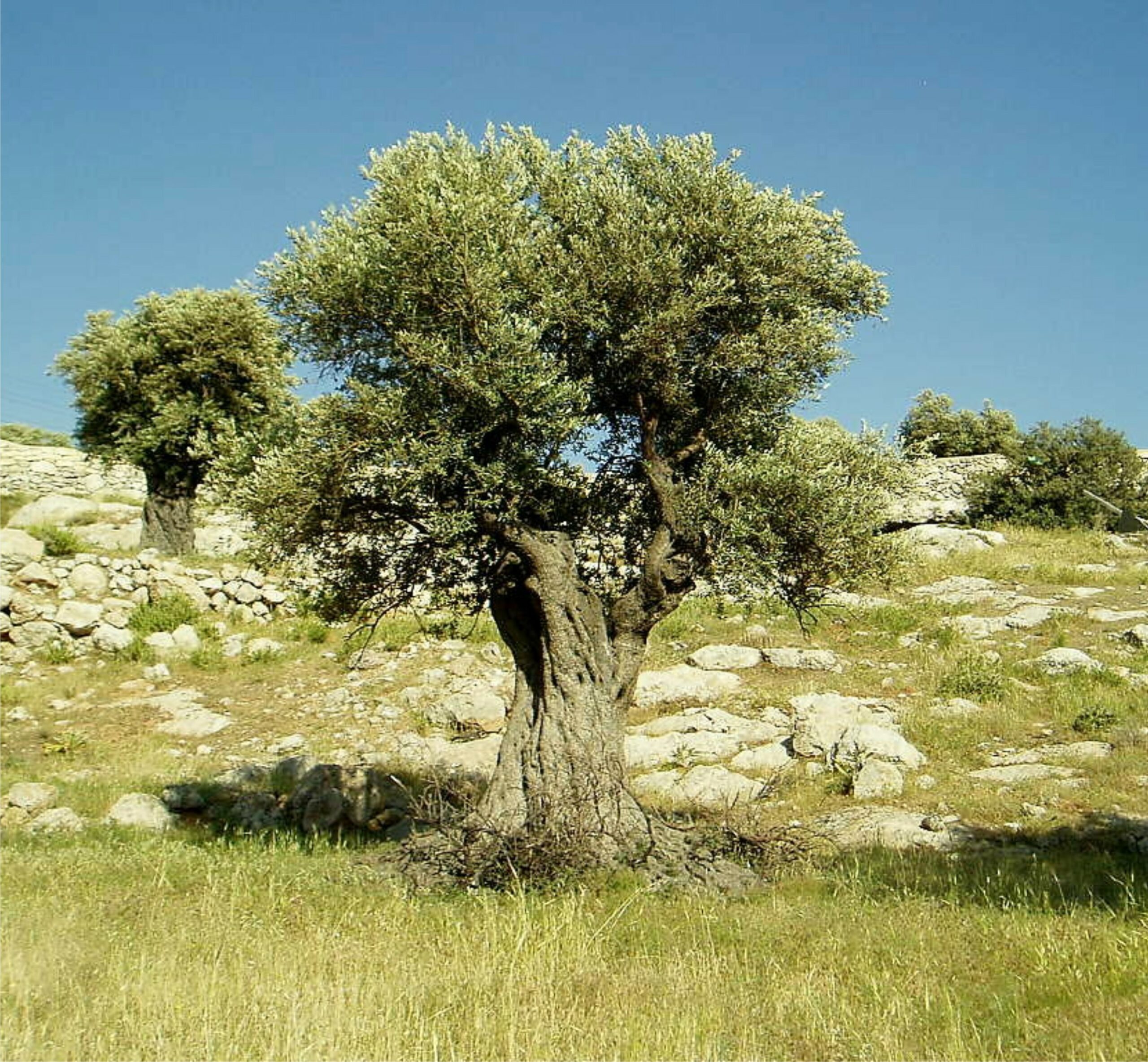Meaning
Etymology and Linguistic Roots
Olive is a name with rich historical and cultural significance, deeply rooted in both its meaning and etymology.
Meaning:
At its core, “Olive” signifies peace and victory. The olive tree itself holds symbolic importance across numerous cultures, often representing tranquility, abundance, and the triumph of good over evil.
Etymologie and Linguistic Roots:
- Latin Origin: The name “Olive” originates from the Latin word “oliva,” which directly translates to “olive.”
- Ancient Greece: In Greek, the olive tree was revered as sacred, associated with the goddess Athena. The name “Elaia” (Ελαία) in Ancient Greek also refers to the olive tree and its fruit.
- Biblical Significance: Olives hold a prominent place in biblical narratives, particularly symbolizing peace after war.
Historical Usage:
The name “Olive” has been used across centuries and civilizations. Its popularity surged in the 20th century, becoming a beloved choice for baby girls.
Variations and Cultural Interpretations
The name Olive carries a rich tapestry of meaning, variations, and cultural interpretations that have evolved throughout history.
At its core, Olive derives from the Latin word “oliva,” signifying the fruit of the olive tree. The olive tree holds profound symbolic significance across various cultures, often representing peace, victory, abundance, and wisdom.
The name Olive emerged as a popular given name during the Middle Ages, particularly in Europe. Its association with virtue and tranquility contributed to its enduring appeal.
Here are some variations of the name Olive:
- Olivia: A more elaborate variation that became especially popular in recent decades.
- Oliva: A Spanish and Italian form of the name.
- Oliveira: A Portuguese surname that can also be used as a given name.
In biblical tradition, the olive branch is a potent symbol of peace. It featured prominently in the story of Noah’s Ark, signifying that God had made a covenant with humanity and would never again destroy the world by flood.
Throughout history, olives have been cultivated and consumed in regions surrounding the Mediterranean Sea. Ancient Greece considered olive oil a sacred offering to the gods. The Romans utilized olive branches as symbols of victory and triumph in sporting events and military conquests.
Today, Olive remains a timeless name that evokes a sense of grace, serenity, and connection to nature. Its enduring popularity reflects its universal appeal and its ability to transcend cultural boundaries.
Origin and History
Biblical Significance
The name Olive has a rich history rooted in both nature and cultural symbolism.
Origin:
Derived from the Latin word “oliva,” meaning “olive tree,” the name Olive reflects a deep connection to this ancient and revered fruit-bearing plant.
History:
The olive tree has been cultivated for millennia, with evidence suggesting its presence in the Mediterranean region dating back thousands of years.
Biblical Significance:
- Symbol of Peace: The olive branch, often depicted extending from the tree’s branches, is a universally recognized symbol of peace and reconciliation. This association stems from the biblical story in which Noah sent out a dove carrying an olive branch to signify that land was no longer covered by water after the flood (Genesis 8:11).
- Symbol of Prosperity and Abundance: The olive tree’s fruit, olives, has been a vital source of sustenance and oil for centuries. Olive oil, extracted from the fruit, has been used in cooking, medicine, lighting, and cosmetics.
- Blessing and Favor: Olives are mentioned frequently in biblical texts, often as a symbol of God’s blessing and favor upon his people. In ancient Israel, olive trees were considered sacred groves where worship and rituals took place.
As a result of its profound religious and cultural significance, the name Olive has acquired a timeless elegance and enduring appeal.
Classical and Ancient References
The name Olive has a rich history, deeply rooted in both nature and culture. Its origins trace back to the Latin word “oliva,” which directly refers to the olive tree and its fruit.
Olives have held immense significance across various civilizations for millennia. In ancient Greece, they were associated with peace and prosperity, symbolized by the olive branch presented to victorious warriors. Olive oil was a staple in Greek cuisine, medicine, and religious rituals.
In Roman mythology, Athena, the goddess of wisdom and warfare, is credited with gifting the olive tree to Athens. This act solidified the olive’s symbolic connection with peace and knowledge, further enhancing its cultural importance.
The Bible also frequently mentions olives and olive oil, representing abundance, blessing, and spiritual nourishment. The “olive branch” has become a universal symbol of hope and reconciliation, stemming from biblical narratives of Noah’s Ark.
As a given name, Olive gained popularity in recent decades, experiencing a resurgence in the late 20th century. Its timeless elegance and connection to nature make it an enduring choice for parents seeking a name with both historical depth and contemporary appeal.
Popularity and Usage
Contemporary Trends and Demographics
English occupies a unique position as both a globally dominant language and the native tongue of a diverse group of people. Its widespread use stems from historical factors like the British Empire, technological advancements, and cultural influence.
Popularity and Usage
English is currently spoken by over 1.5 billion people worldwide, making it the most spoken language globally. It serves as an official language in 67 countries and is widely used in international business, diplomacy, science, and entertainment.
Contemporary Trends and Demographics
- Global Dominance: Despite challenges from regional languages, English continues to be the dominant language for international communication.
- Digital Expansion: The internet has fueled the spread of English, making it accessible to a wider audience and facilitating online communities.
- Demographic Shifts: Growing populations in English-speaking countries like India and the United States are influencing the language’s evolution.
Regional Variations
English exhibits significant regional variations in pronunciation, grammar, and vocabulary. These dialects reflect historical influences, geographic isolation, and cultural developments.
Standard English, often associated with formal contexts, is a codified form based on certain regional dialects, primarily British.
Surname vs Given Name
Popularity and usage of names are complex phenomena influenced by a multitude of social, cultural, historical, and even literary factors.
Surnames, historically indicating family lineage or occupation, often display greater stability in terms of popularity over generations compared to given names which tend to experience more pronounced fluctuations.
Given names, on the other hand, are subject to trends that come and go. Factors like celebrity endorsements, cultural shifts, and even economic conditions can influence a name’s rise or fall in popularity.
For example:
- Names reflecting certain values or ideals might surge in popularity during specific eras (e.g., names like “Hope” or “Victory” during wartime).
- Names associated with pop culture figures can experience a temporary spike in usage (e.g., the influence of fictional characters on baby naming trends).
In the case of the name “Olive,” understanding its popularity and usage requires examining historical context and cultural associations.
- Best Dun & Bradstreet (DNB) Alternatives for 2025 - April 26, 2025
- Best Seamless.ai Alternatives for 2025 - April 26, 2025
- Best Leadfeeder Alternatives for 2025 - April 25, 2025


